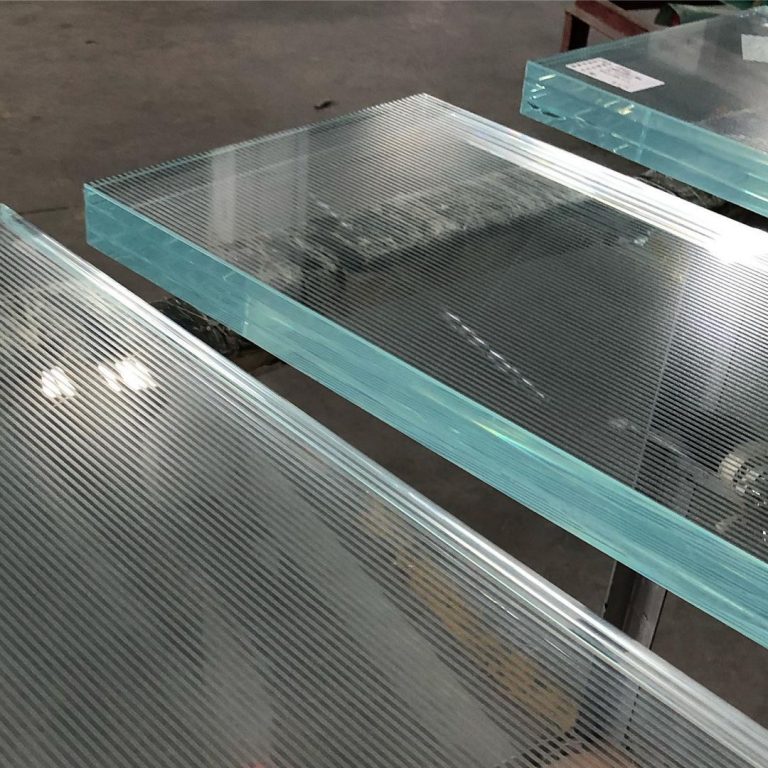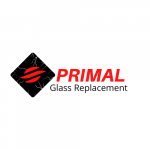Laminated glass is a safety and security-oriented glass product that offers enhanced durability and functionality compared to standard glass. It is constructed by bonding two or more layers of glass with an interlayer, typically made of polyvinyl butyral (PVB). This design ensures that the glass holds together even when shattered, making it ideal for applications where safety, soundproofing, and UV protection are priorities. This article explores the features, benefits, limitations, and applications of laminated glass to help you determine if it’s the right choice for your needs.
Laminated glass is commonly referred to as safety glass because of its ability to remain intact after impact. The interlayer not only prevents the glass from breaking into dangerous shards but also enhances other properties, such as sound insulation and UV protection.


Safety and Security:
Noise Reduction:
UV Protection:
Weather Resistance:
Enhanced Safety:
Energy Efficiency:
Aesthetic Versatility:
Durability:
Higher Cost:
Requires Professional Installation:
Weight:
Not Scratch-Resistant:
Laminated glass is a perfect choice for applications requiring safety, durability, and noise reduction. Its combination of functionality and versatility makes it ideal for residential, commercial, and industrial projects. While the upfront cost is higher than standard glass, its long-term benefits often outweigh the investment.
Looking to install laminated glass in your property?
At Primal Glass Replacement, we specialize in providing high-quality laminated glass solutions tailored to your needs. Our expert team ensures professional installation and guidance to meet your safety and design requirements.

